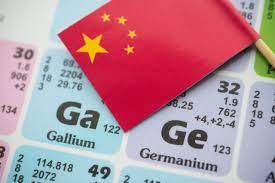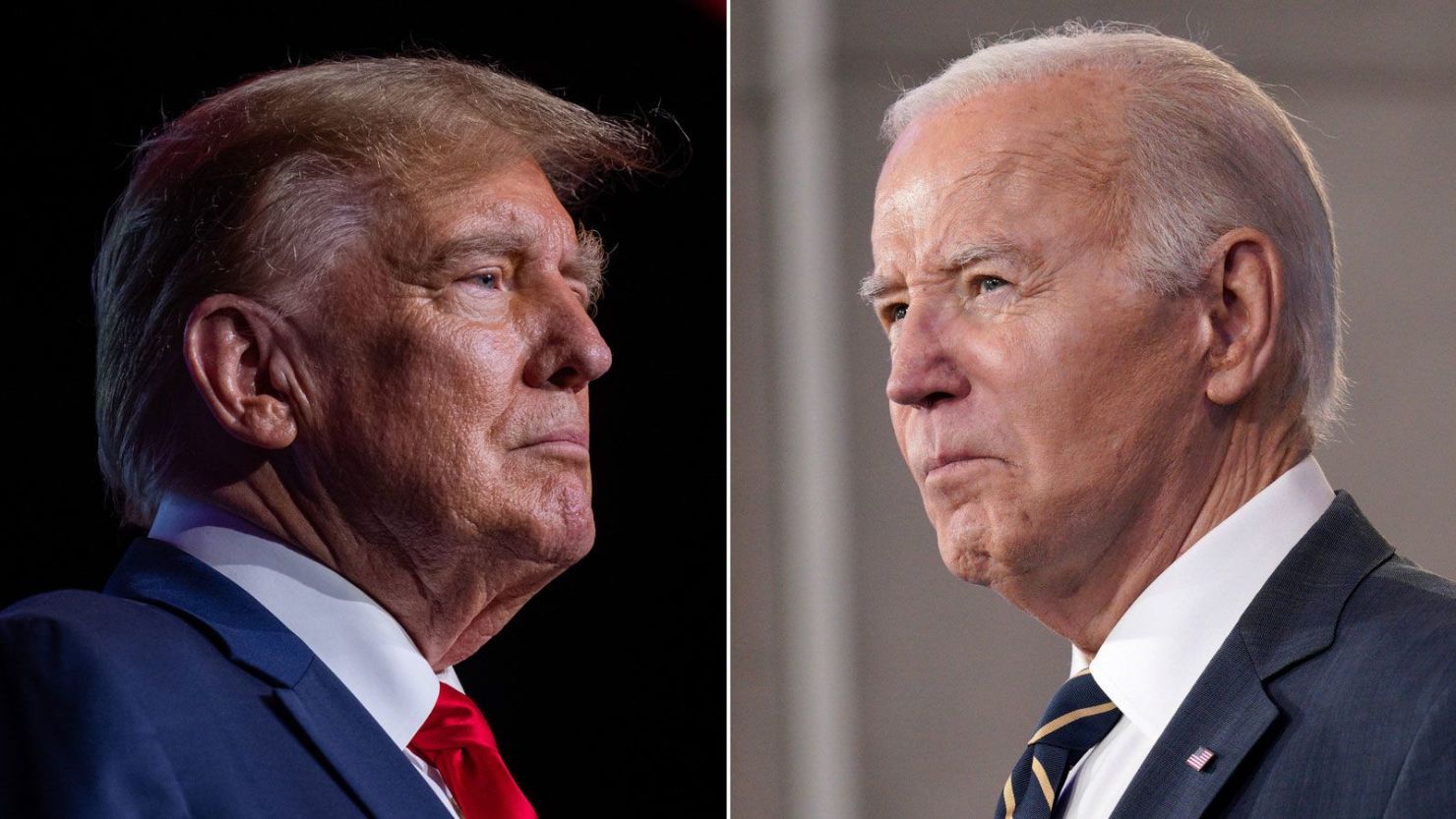WORLD NEWS

Despite China’s official export ban on critical minerals to the U.S., large quantities of antimony – vital for batteries, flame retardants, and semiconductors – are flowing into America via Thailand and Mexico, trade and customs data reveal.
The shift reflects a global race for strategic resources and underscores how difficult it is for China to enforce trade curbs in its escalating tech war with the U.S.
Backdoor Channels Revealed
According to U.S. customs data, between December 2024 and April 2025, the U.S. imported 3,834 metric tons of antimony oxides from Thailand and Mexico — more than the combined total of the prior three years.
Chinese export data further confirms the rerouting: both countries, which lacked significant antimony trade with China in 2023, are now among its top export destinations in 2025 — despite each hosting only one smelter and having no significant mining of the metal.
Experts and U.S. company executives say the trade pattern is no coincidence.
“It’s a pattern we’re seeing consistently. Chinese exporters are using third countries to reroute restricted materials,” said Ram Ben Tzion, CEO of Publican, a digital shipment-vetting platform.
Chinese Firms at the Center
One of the main players: Thai Unipet Industries, a subsidiary of China’s Youngsun Chemicals, which shipped over 3,366 tons of antimony-based products to the U.S. from December to May — 27 times more than a year prior, according to shipping logs reviewed by Reuters.
The buyer? Texas-based Youngsun & Essen, which had previously imported most of its stock directly from China. Neither company responded to requests for comment.
Other industry insiders, such as Levi Parker, CEO of Gallant Metals, admit to using intermediaries to import gallium from China via Asian transshipment routes. The material is often disguised as “iron,” “zinc,” or even “art supplies” to avoid detection, he said.
“The system isn’t perfect. The risk is real, but so are the profits,” Parker added, noting the high prices of critical minerals on the global market.
Legal Gray Zones and Enforcement Struggles
While U.S. law does not prohibit buying Chinese-origin antimony, gallium, or germanium, China’s 2023 export controls require licenses for such sales — and explicitly ban direct shipments to the U.S.
Chinese authorities have acknowledged loopholes and vowed to crack down. In May, the Commerce Ministry confirmed that domestic violators had “colluded with overseas entities” to bypass restrictions.
“China has the rules, but enforcement is another story,” said Ben Tzion. “Smugglers and exporters are adapting faster than regulators.”
Legal experts warn of severe penalties under China’s updated export-control laws, including jail terms of over five years for offenders. Even overseas transshipment cases may be prosecutable under Chinese jurisdiction if firms fail to perform adequate due diligence.
Still, the financial incentive remains powerful. Prices for gallium, germanium, and antimony have hit record highs, and the global demand — especially from the tech and defense sectors — keeps rising.




